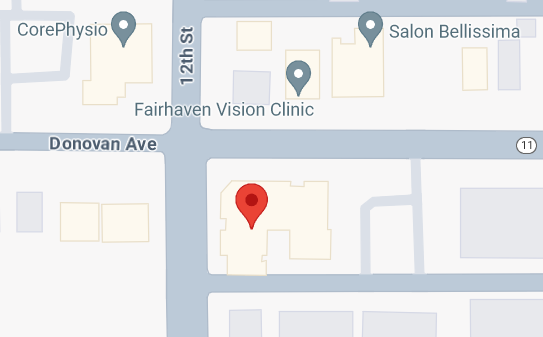Most people are in the midst of receiving or have already received the one-time payment from the federal government that is called the Economic Impact Payment (EIP), also known as the stimulus payment. For most individuals that qualify, this will be $1,200. If you are married, you will both receive this amount. If you have kids, you should generally receive $500 per child. For a family, this can actually add up to a fairly substantial sum of money. For example, a family of four (two parents, two children) would receive $3,400. The question folks are having is: will this Economic Impact Payment count as income in their bankruptcy case and thereby hurt their case in some way. The answer, like it is so often in bankruptcy, a complicated one.

Is the EIP Income?
First of all, will the Economic Impact Payment count as income? The general answer here is no, but it would need to be qualified. General guidance is that it will NOT be looked upon as income when you are qualifying for filing a Chapter 7. Here, most income in the six full months preceding the bankruptcy case counts in the income calculation. However, there are some exceptions such as Social Security income and Veterans Administration income. The EIP will be one of the exceptions. The fact you received this stimulus payment will not preclude you from filing a Chapter 7 Bankruptcy if you otherwise qualify.
What if I already received the EIP / Stimulus Payment?
What about if the money is in your bank account? Now we are talking about an asset. The money is now in your bank account with, presumably, all of your other money from other sources. If the money comes into the account before you file the case, you would need to exempt this money using your applicable exemption laws available to you (determined based on domicile and state law). Some trustees may look at this differently, but it is safe to assume that if you have it in possession, you’ll need to exempt it (otherwise the trustee could ask you to turn it over).
By the same token, if you are entitled to the stimulus payment but have not yet received it, this would generally be interpreted as an being an asset to you. Since it is an asset, you would generally need to exempt it before filing the bankruptcy case. This way, when you do receive the money later on (after filing the case), you would be able to retain the money.
What if my exemptions are insufficient?
One possible way to handle the situation if you find yourself faced with it is to spend that money on “reasonable and necessary living expenses” prior to filing you case. Be sure to keep receipts and be ready to explain the expenditures should the bankruptcy attorney or the trustee ask for details. This is generally good advice all through a bankruptcy case – be ready to explain anything that is out of the ordinary. A lot of spending right before your bankruptcy case is bound to attract attention, so be very sure of what you are doing. As always, I recommend that you seek the counsel of a bankruptcy attorney and, possibly, retain that attorney’s representation.
Call our Offices: https://westwardlawpllc.com/bankruptcy-attorney


